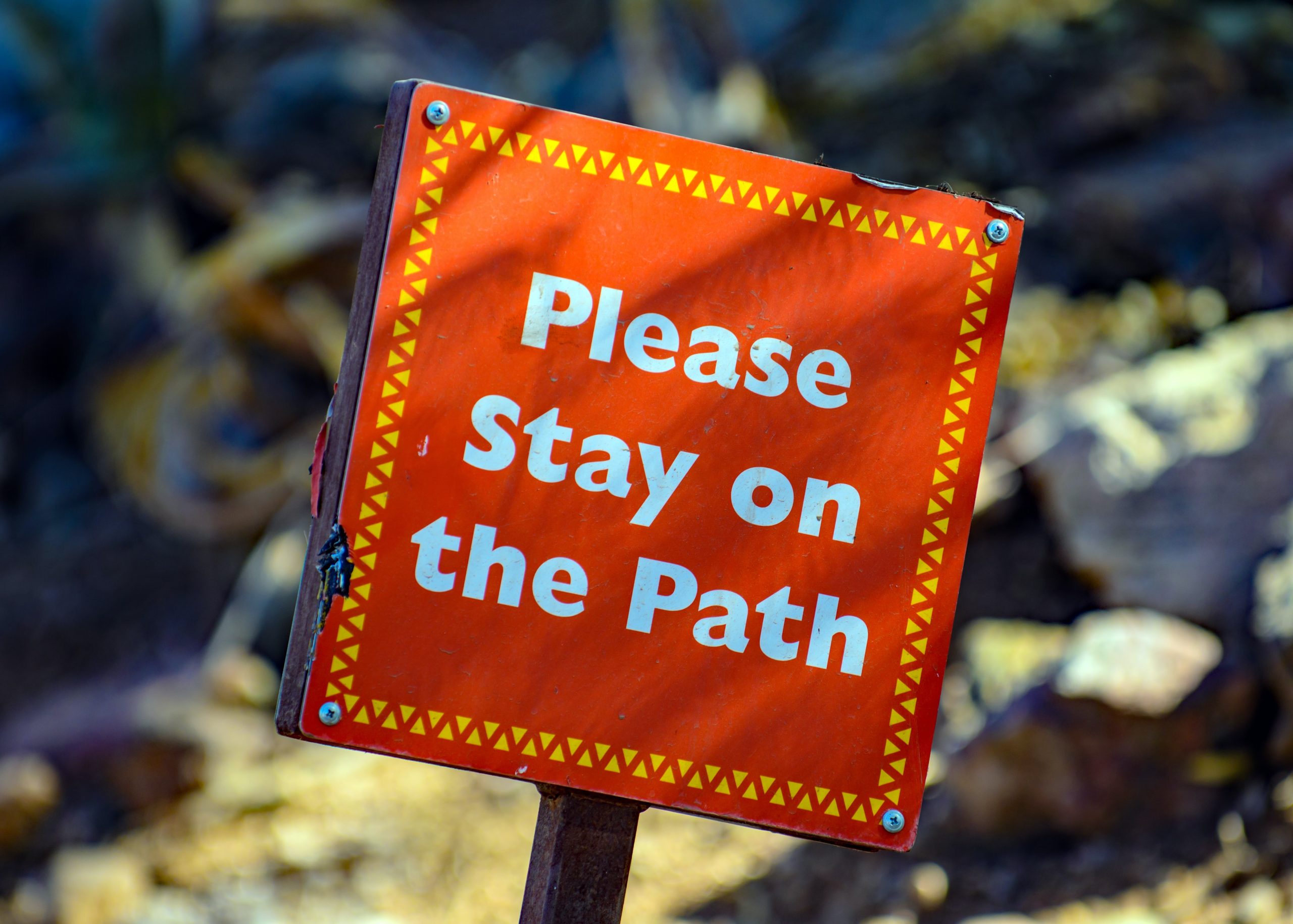Mystical Experiences: Exploring the Extraordinary
Have you ever had an experience that transcended the boundaries of everyday reality? A moment of profound connection, intense joy, or deep insight that left you with a sense of awe and wonder? These are the mystical experiences that have fascinated humans for centuries. In this blog post, we will explore some examples of mystical experiences and delve into their significance in various cultures and religions.
What are Mystical Experiences?
Mystical experiences, often referred to as transcendental or numinous experiences, are moments of profound spiritual significance that go beyond ordinary human perception. They are characterized by a sense of unity, harmony, and connection with something larger than oneself. These experiences can be spontaneous or induced through meditation, prayer, or other contemplative practices.
While mystical experiences can be deeply personal, they often share common characteristics. Some of the most frequently reported features include:
- A sense of timelessness and eternity
- Feelings of bliss, joy, or ecstasy
- A strong sense of interconnectedness with others and the universe
- Loss of the ego or self-identity
- Profound insights into the nature of reality
Mystical experiences have been documented across different cultures and religions throughout history. Let’s explore some notable examples.
Examples of Mystical Experiences
1. The Dark Night of the Soul – St. John of the Cross
In his spiritual classic, “The Dark Night of the Soul,” 16th-century Spanish mystic St. John of the Cross describes a profound spiritual journey characterized by intense feelings of abandonment, emptiness, and despair. This dark night signifies a period of purification and transformation, where the seeker confronts their deepest fears and desires, ultimately leading to a union with the Divine.
St. John of the Cross’s writings continue to resonate with seekers today, offering solace and guidance in times of spiritual crisis or existential questioning.
2. Near-Death Experiences
Near-death experiences (NDEs) are another category of mystical experiences that occur in the moments near death or during a clinical death. Individuals who have gone through NDEs often report similar phenomena such as out-of-body experiences, tunnel-like sensations, encounters with deceased loved ones, or a feeling of being enveloped by light and unconditional love.
The diversity and consistency of these experiences across cultures and belief systems have sparked extensive research and debate in the fields of neuroscience, psychology, and spirituality.
3. Satori in Zen Buddhism
Satori, a term used in Zen Buddhism, refers to a sudden, direct, and intuitive experience of awakening or enlightenment. It is often described as a breakthrough to a higher state of consciousness beyond ordinary conceptual thinking. In this state, the practitioner may experience a profound shift in perception, recognizing the interconnectedness and interdependence of all things.
One famous account of satori comes from Japanese Zen master Hakuin Ekaku, who experienced a transformative awakening upon hearing the sound of a falling tile in his meditation hut.
4. Shamanic Journeys
Shamanic traditions from various indigenous cultures involve practices that induce altered states of consciousness, allowing the shaman to journey into the spirit realm and communicate with spirits or deities. These journeys often involve the use of drumming, chanting, or plant medicines like ayahuasca, peyote, or psilocybin mushrooms.
Shamans have reported encountering spirit guides, receiving healing or divinatory messages, and gaining deep insights into the interconnectedness of all life during these visionary experiences.
5. Kundalini Awakening
Kundalini, derived from Sanskrit, refers to the dormant spiritual energy believed to reside at the base of the spine. Kundalini awakening involves the activation and ascent of this energy, often described as a powerful surge of heat or electricity ascending through the central channel of the body.
During a Kundalini awakening, individuals may experience intense sensations, spontaneous movements, altered states of consciousness, and a profound sense of spiritual awakening and self-realization.
The Significance of Mystical Experiences
Mystical experiences are of great significance in various cultures and religions. They often serve as catalysts for personal transformation, deepening spiritual beliefs, and fostering a sense of interconnectedness with the divine, nature, and fellow beings. These experiences can lead individuals to question their existing beliefs, seek new ways of living, and develop a greater understanding of the mysteries of existence.
From a scientific standpoint, mystical experiences have intrigued researchers, prompting investigations into the neurobiological, psychological, and sociocultural factors that underlie these extraordinary encounters.
To explore further, research conducted by Dr. Roland Griffiths and his team at Johns Hopkins University has provided valuable insights into the therapeutic potential of psilocybin (a compound found in psychedelic mushrooms) in inducing mystical experiences and its impact on mental health, addiction, and existential distress.
Conclusion
Mystical experiences reveal the boundless potential of human consciousness and offer glimpses into the deeper realities of existence. Whether through spontaneous encounters or intentional practices, these extraordinary moments can be transformative, empowering, and enlightening.
As mystical experiences continue to captivate the minds of seekers, researchers, and spiritual practitioners alike, it is crucial to approach their exploration with an open mind, respect for cultural diversity, and a commitment to understanding the many facets of the human experience.
So, have you had a mystical experience? Share your thoughts and reflections in the comments below!
References
- https://www.beyondblue.org.au/the-facts/depression/types-of-depression/dysthymic-disorder
- https://www.mayoclinic.org/diseases-conditions/depression/symptoms-causes/syc-20356007
- https://www.nimh.nih.gov/health/topics/depression/index.shtml
Table of Contents
